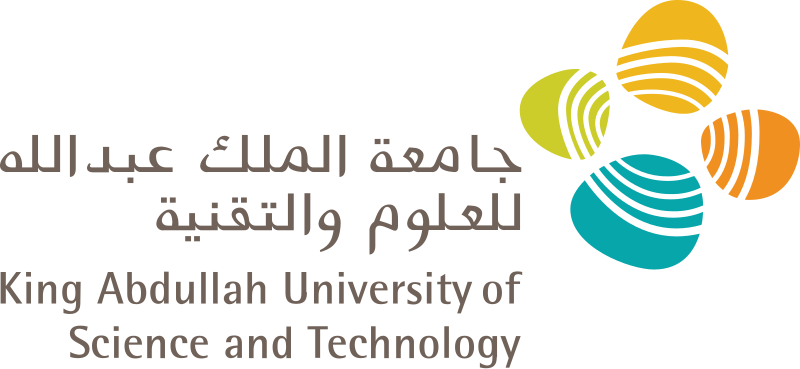
Applying to KAUST - Your Complete Guide for Masters & Ph.D. Programs (Upcoming Admissions)
Admissions Overview & Key Requirements

The Russian State Duma has approved in its second reading a government bill introducing mandatory work requirements for medical university and college graduates, Kommersant reports.
The law stipulates that those who study in state-funded (budget) residency programs must sign targeted contracts and work for up to three years after graduation, or reimburse the cost of their education if they refuse.
The measure, described by lawmakers as necessary to ensure Russians’ constitutional right to accessible healthcare, is designed to combat the nationwide shortage of doctors.
The bill, first introduced by the Ministry of Health in February 2025, originally required all government-funded medical students to work for three years in state or private clinics within the national healthcare system (OMS), or repay the cost of their education, in some versions, up to three times the amount. The proposal faced strong criticism from doctors’ associations and students, prompting revisions ahead of the second reading.
Under the updated draft, the obligation will now apply only to graduates of residency programs (ordinatura) financed by the state, rather than all medical students. Mandatory service terms will vary depending on specialty, lasting up to three years, instead of a fixed three-year requirement.
Residents who refuse to sign a targeted employment contract will be allowed to continue training on a paid basis, subject to available places.
The second important amendment concerns the duration of work with a mentor. The bill stipulates that graduates must work in a government institution under the supervision of an experienced physician mentor before being allowed to undergo periodic accreditation (a mandatory procedure to confirm qualifications and the right to practice medicine).
Initially, it was assumed that all graduates would work with mentors for three years. Now, the document stipulates that mentoring will last up to three years.
The list of specialties and the duration of such mentoring will be determined by the Ministry of Health. Young specialists who will be mentored will be able to find employment in both public and private clinics operating under the compulsory health insurance system. Only after completing the mentoring period will they be able to undergo periodic accreditation and change jobs according to general rules. If the specialty is not included in the list approved by the Ministry of Health, the graduate will immediately switch to standard accreditation. Proposals from the LDPR faction and the Health Protection Committee were taken into account in this matter. In particular, the head of the committee, Sergei Leonov (LDPR), called for allowing graduates in pharmacy and dentistry to work with mentors in the commercial sector, not just the public sector.
The revised bill received support from 305 deputies, with 24 abstentions. The third and final reading is expected on 11 November.
Share

Applying to KAUST - Your Complete Guide for Masters & Ph.D. Programs (Upcoming Admissions)
Admissions Overview & Key Requirements

An mRNA cancer vaccine may offer long-term protection
A small clinical trial suggests the treatment could help keep pancreatic cancer from returning

Registration Opens for SAF 2025: International STEAM Azerbaijan Festival Welcomes Global Youth
The International STEAM Azerbaijan Festival (SAF) has officially opened registration for its 2025 edition!

Young Leaders Union Conference 2025 in Paris (Fully Funded)
Join Global Changemakers in Paris! Fully Funded International Conference for Students, Professionals, and Social Leaders from All Nationalities and Fields

Yer yürəsinin daxili nüvəsində struktur dəyişiklikləri aşkar edilib
bu nəzəriyyənin doğru olmadığı məlum olub. Seismik dalğalar vasitəsilə aparılan tədqiqatda daxili nüvənin səthindəki dəyişikliklərə dair qeyri-adi məlumatlar əldə edilib.

Lester B Pearson Scholarship 2026 in Canada (Fully Funded)
Applications are now open for the Lester B Pearson Scholarship 2026 at the University of Toronto!